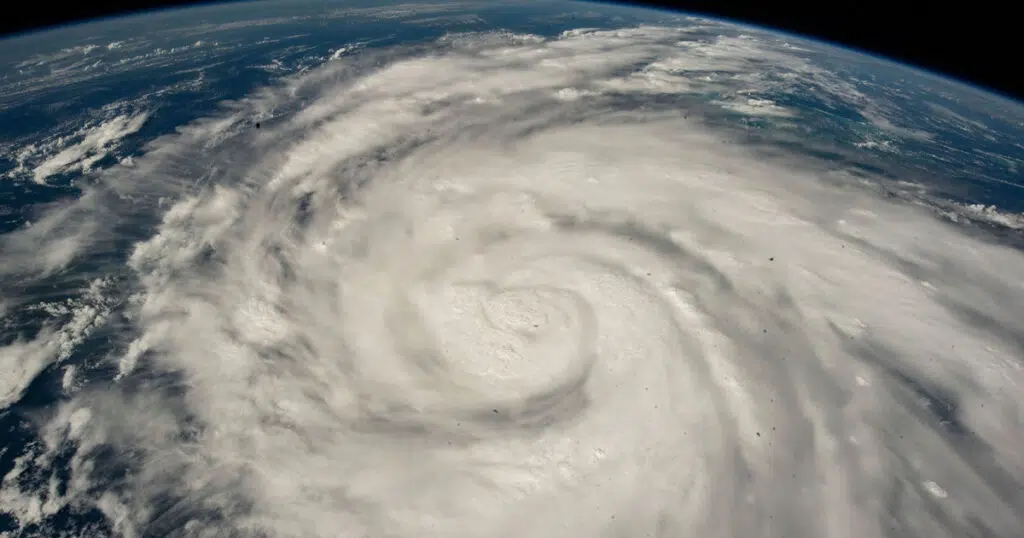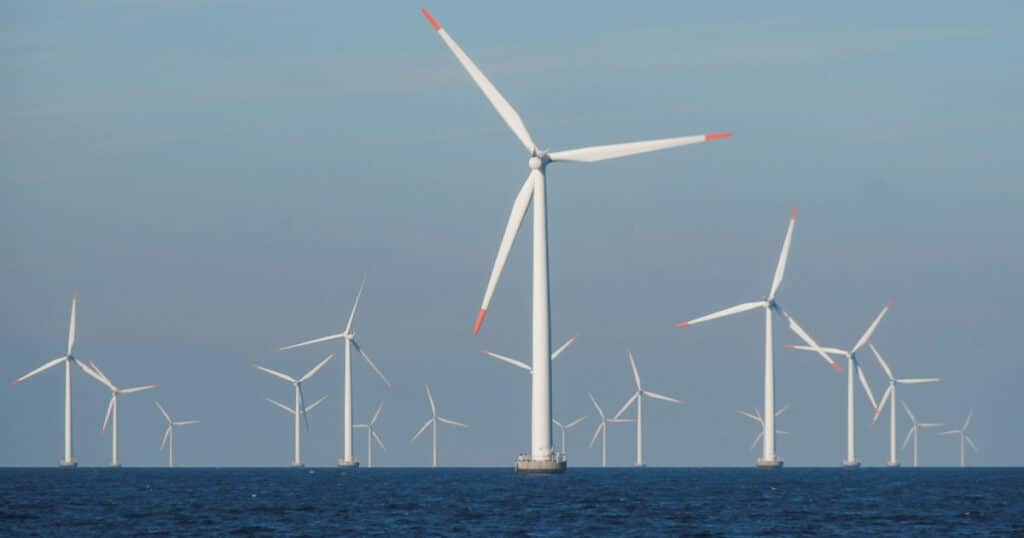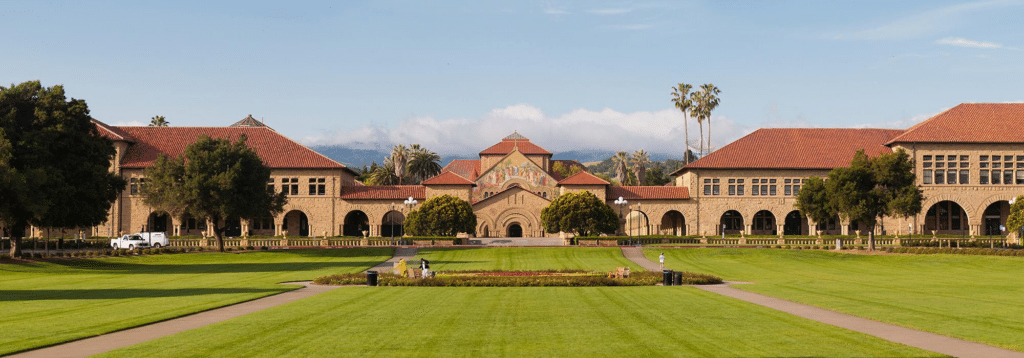
Hurricane Ian Delays Several Space Launches in Florida
Artemis, meet Ian.
Planned to be the first mission back to the Moon by America’s National Aeronautics and Space Administration (NASA) since the Apollo 17 mission almost exactly 50 years ago, the non-crewed lunar-orbiting Artemis 1 mission was scheduled to lift off today from Kennedy Space Center in Florida.
However, due to the forecast path of the once category-4 Hurricane Ian, which will more likely have diminished to a tropical storm by the time you read this post, the rocket’s launch was postponed for almost one month, to October 17.
And yet, Artemis 1 by far isn’t the only space mission NASA has had to scrub, thanks to Ian.
The storm’s track through Central Florida forced both SpaceX and United Launch Alliance to delay several upcoming missions scheduled for blast-off from Cape Canaveral, including the transport of the next crew assigned to the International Space Station.
SpaceX planned to launch two Falcon 9 rockets Sept. 30 and Oct. 3, the first carrying the next generation of Starlink internet satellites and the second with the team of four astronauts and cosmonauts headed for their five-month expeditions at the ISS.
Both missions have now been delayed. The station crew transport mission is now tentatively set for no earlier than Oct. 5 at 12 p.m. Eastern Time.
NASA astronauts Nicole Mann and Josh Cassada, both first-time space fliers, will serve as commander and pilot on the Crew-5 mission under contract with NASA, the fifth operational flight of a SpaceX Crew Dragon spacecraft to the space station. Japanese astronaut Koichi Wakata and rookie Russian cosmonaut Anna Kikina will also fly as part of the Crew-5 mission.
“The Dragon Endurance spacecraft is currently mated to the Falcon 9 rocket and safely secured inside SpaceX’s hangar at Launch Complex 39A,” NASA said in a statement. “Kennedy Space Center is also making preparations across the spaceport to secure other property and infrastructure. After the storm progresses, teams from NASA and SpaceX will evaluate the potential impacts to the center and determine whether to adjust the mission timeline further.”
Bill Gerstenmaier, vice president of build and flight reliability at SpaceX., announced his team is “ready to roll out whenever the weather is ready to go roll out…But we don’t want to roll out and end up with high winds and rain. We’ve got the right criteria. We shared that with NASA Kennedy Space Center so they know what our constraints are.”
The other SpaceX mission would also send a Falcon 9 rocket into space from Cape Canaveral Space Force Station, to deploy another series of Starlink internet satellites. That launch has also been postponed into October and will probably lift off after two other Falcon 9 missions launch for commercial customers Intelsat and Eutelsat Oct. 5 and Oct. 13.
Gerstenmaier said SpaceX has launched 43 Falcon 9 rocket flights so far this year, already a record number of space launches by a commercial company in a calendar year.
“We’ve been flying a lot of missions, a lot of Starlink missions,” he said. “I think that really helps the crew program. We learn a lot in those missions and we can carry that learning directly into crewed missions. But I will tell you crewed missions are special. They are very different to us. They are not routine in any way, shape, or form. we treat these missions with more respect than any missions we fly.”
Meanwhile, United Launch Alliance had to scrub the launch of an Atlas 5 rocket due to Ian. That mission, containing two commercial TV broadcasting spacecraft for the satellite operator SES, will now launch at the earliest Oct. 4 at 5:36 p.m. Eastern Time, a four-day delay from the previous target date.
“Both satellites are integrated to the launch vehicle and safely secured within the Vehicle Integration Facility at SLC-41,” ULA said in a statement.
Ian is also affecting other operations at the Cape Canaveral spaceport and all regular work at Kennedy Space Center and Cape Canaveral Space Force Station has been suspended.
NASA rolled the Artemis 1 rocket back to the Vehicle Assembly Building early Sept 26 to shelter from the hurricane, which means that mission will now not be able to get off the ground until mid-November. The agency previously hoped to launch the un-crewed Artemis 1 test flight to the moon this week, following scrubbed launch attempts Aug. 29 and Sept. 3.
Relativity Space, a commercial startup planning its first orbital launch attempt later this year, moved its Terran 1 booster off its launch pad at Cape Canaveral Space Force Station after testing its rocket’s nine methane-fueled engines Sept. 23.
“Rolling back to hangar to keep the vehicle safe during impending hurricane in Florida,” said Tim Ellis, Relativity’s co-founder and CEO. “Early data and hardware looking solid from last week’s extensive stage one testing, super happy with the results.”
The U.S. Space Force also reportedly has a classified payload waiting at Cape Canaveral to be launched aboard a SpaceX Falcon Heavy rocket later this year.



